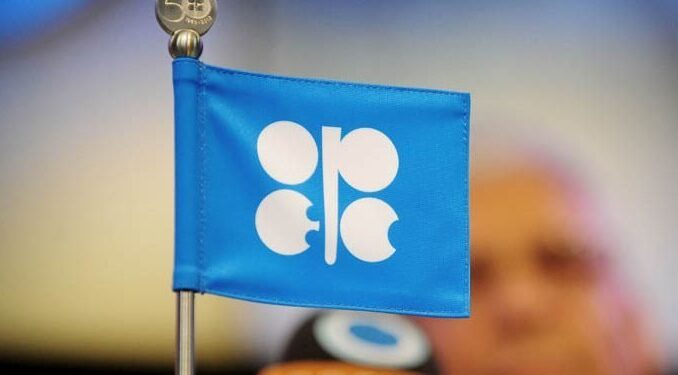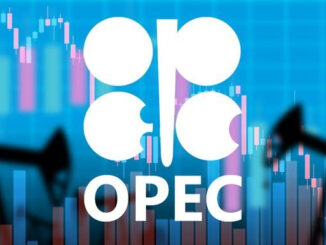
Ever since the oil price crash of 2020, OPEC has been coordinating to adjust how much oil they produce in order to balance out supply with changes in demand. Most recently OPEC decided to increase production by 648,000 barrels per day in August and another 400,000 barrels per day in March. Will this actually have a positive effect on global markets? To answer that question, we have to analyze the short history of OPEC’s actions since the start of the pandemic.
Original Production Cuts and Failure
The reason the price of oil crashed in 2020 was related mainly to the almost overnight change in demand. As countries responded to COVID by shutting down and locking in, not nearly enough oil was needed, and the world found itself in a glut. Storage tanks were full to the brim and tankers would idle in the ocean for days. The price of oil was low, and there was now no reason to produce as much. Just before the pandemic kicked off, Saudi Arabia was flooding markets with cheap oil in order to stick it to Russia, so not only was demand down, but supply was higher. By April OPEC and other allies agreed to cut 9.7 million barrels of oil per day in May and June (eventually extending that decision to July). Unfortunately, this would be the beginning of many months of missing goals related to production adjustments.

The Energy Shortage of 2021
By the summer of 2021, it was apparent that the continued (involuntary) suppression of production would not be beneficial to the world. The organization agreed to start boosting production in August of 2021. OPEC+ would produce 400,000 more barrels of oil per day each month. But still, there was a problem. Libya was struggling with protests that halted production in their largest fields. Iran failed to secure a nuclear deal that would lift US sanctions. Religious conflict continued to spread across the Middle East. It seemed as if everyone in the OPEC+ organization was dealing with something that would hinder their ability to increase production and keep up with the new goal. It became increasingly apparent with each passing month that OPEC did not have the ability to produce as much as it wanted.

Newest Production Agreement
Now OPEC has agreed to pump more oil in the next two months to offset the loss of now sanctioned Russian oil. As OPEC is still struggling to meet its goal of 400,000 barrels per day added monthly, it seems unlikely that it will be able to increase supply by 648,000 barrels per day in July and another 200,000 in August. Whether or not they are able to, the incentive is certainly there with record-breaking energy prices. Although this is a well-intentioned and symbolic gesture, the United States may have to be the country to step up to the plate and increase production to keep the world from grappling with ever-increasing energy prices. That, or OPEC never expected to be able to foot the bill and is excited about continually increasing energy prices.
Source: Rarepetro.com



